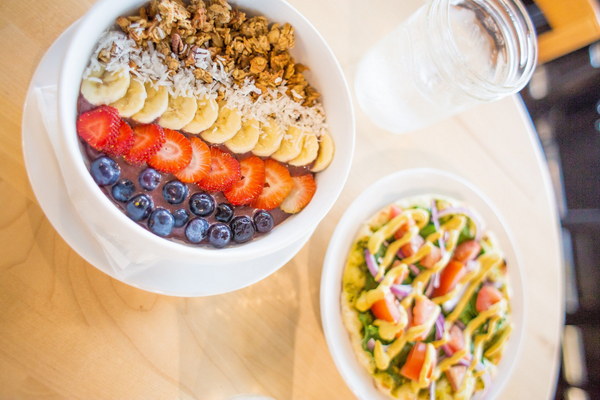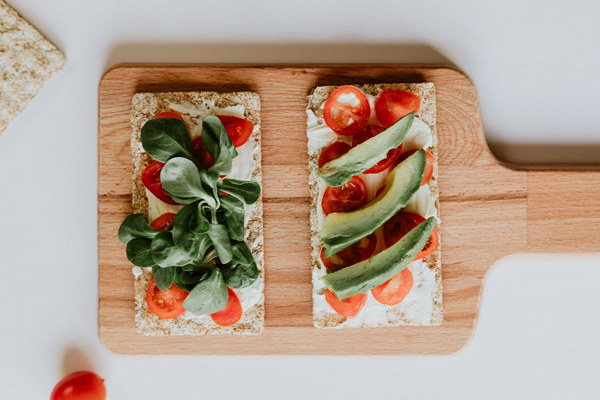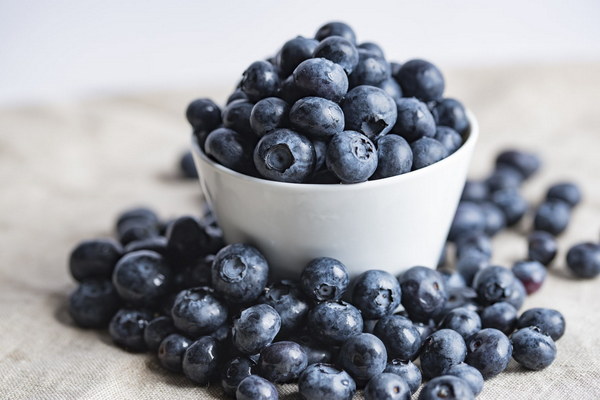Nourishing Your Way to Relief A Guide to Diet Therapy for Rheumatoid Arthritis
Rheumatoid arthritis (RA) is a chronic inflammatory disorder that affects the joints, causing pain, stiffness, and swelling. While medication and physical therapy play a crucial role in managing RA, diet therapy can also be an effective complementary approach. This article explores the best dietary practices for individuals with RA, focusing on foods that can help reduce inflammation and alleviate symptoms.
Understanding Inflammation in RA
Rheumatoid arthritis is an autoimmune disease, which means that the body's immune system mistakenly attacks its own tissues, including the joints. This immune response leads to inflammation, which is the primary cause of pain and joint damage in RA. Therefore, managing inflammation is key to managing RA symptoms.
Foods to Include in Your RA Diet
1. Omega-3 Fatty Acids: These healthy fats have powerful anti-inflammatory properties. You can find omega-3s in fatty fish like salmon, mackerel, and sardines, as well as in flaxseeds, chia seeds, and walnuts.
2. Antioxidant-Rich Fruits and Vegetables: These foods help reduce oxidative stress, which can exacerbate inflammation. Berries, such as strawberries, blueberries, and raspberries, are high in antioxidants. Dark leafy greens, such as spinach and kale, and cruciferous vegetables, such as broccoli and cauliflower, are also excellent choices.

3. Probiotics: These beneficial bacteria can help regulate the immune system and reduce inflammation. Foods rich in probiotics include yogurt, kefir, sauerkraut, and kimchi.
4. Turmeric: This spice contains curcumin, a compound with potent anti-inflammatory properties. You can add turmeric to your meals by sprinkling it on rice, adding it to soups, or using it in curry dishes.
5. Green Tea: This beverage contains antioxidants and compounds that can help reduce inflammation. Drinking a few cups of green tea daily may offer some relief for RA symptoms.
Foods to Avoid or Limit in Your RA Diet
1. Saturated and Trans Fats: These unhealthy fats can increase inflammation. Foods high in saturated fats include red meat, butter, and full-fat dairy products. Trans fats are found in fried foods, baked goods, and many processed snacks.
2. Processed Foods: These foods are often high in unhealthy fats, sugars, and sodium, which can exacerbate inflammation. Examples include fast food, frozen dinners, and pre-packaged snacks.
3. Gluten: Some individuals with RA may experience symptoms when consuming gluten, a protein found in wheat, barley, and rye. If you suspect gluten sensitivity, it's important to consult with a healthcare professional before making dietary changes.
Other Tips for Diet Therapy in RA
1. Stay Hydrated: Drinking plenty of water can help reduce joint pain and inflammation. Aim for at least eight glasses of water per day.
2. Eat Regularly: Eating small, frequent meals throughout the day can help keep blood sugar levels stable and reduce inflammation.
3. Limit Alcohol: Alcohol can exacerbate RA symptoms, so it's best to limit your intake or avoid it altogether.
4. Consult with a Healthcare Professional: Before making significant changes to your diet, it's important to consult with a healthcare professional, such as a registered dietitian or a nutritionist, who can provide personalized advice based on your specific needs and health goals.
In conclusion, incorporating anti-inflammatory foods into your diet can help alleviate symptoms of rheumatoid arthritis. By focusing on omega-3 fatty acids, antioxidants, probiotics, and other beneficial nutrients, you can support your body's natural defenses against inflammation. Remember to consult with a healthcare professional for personalized guidance on diet therapy for RA.









